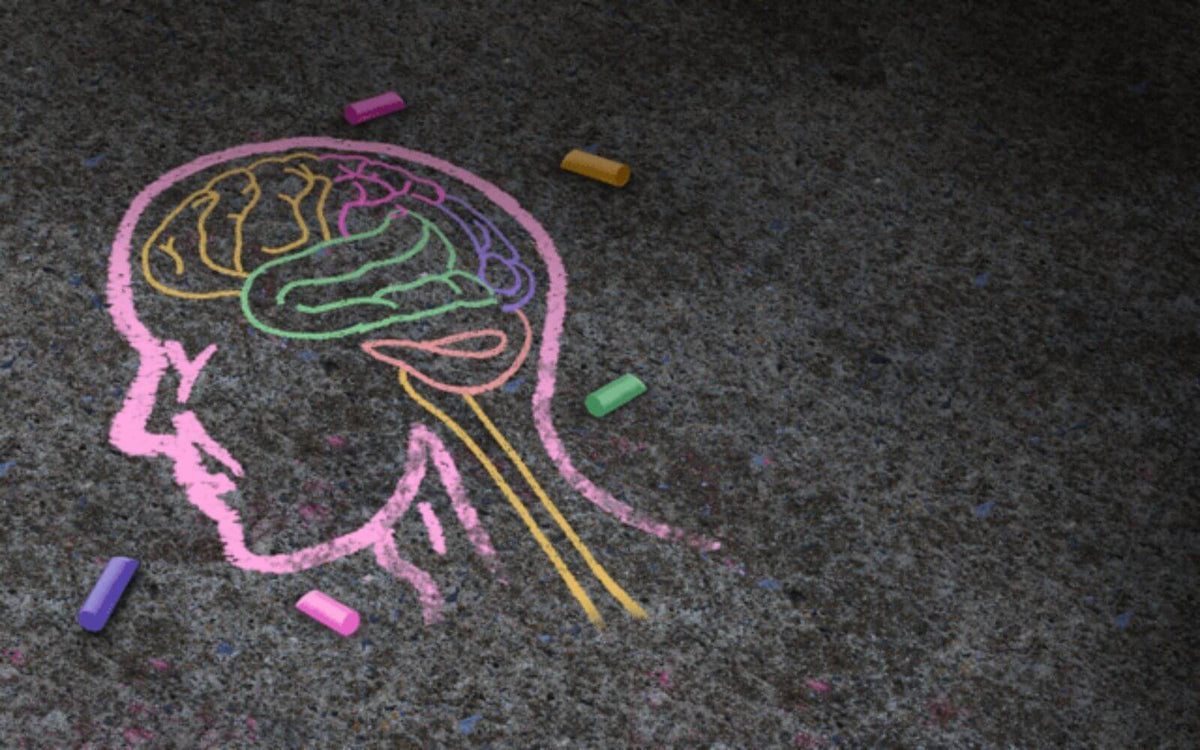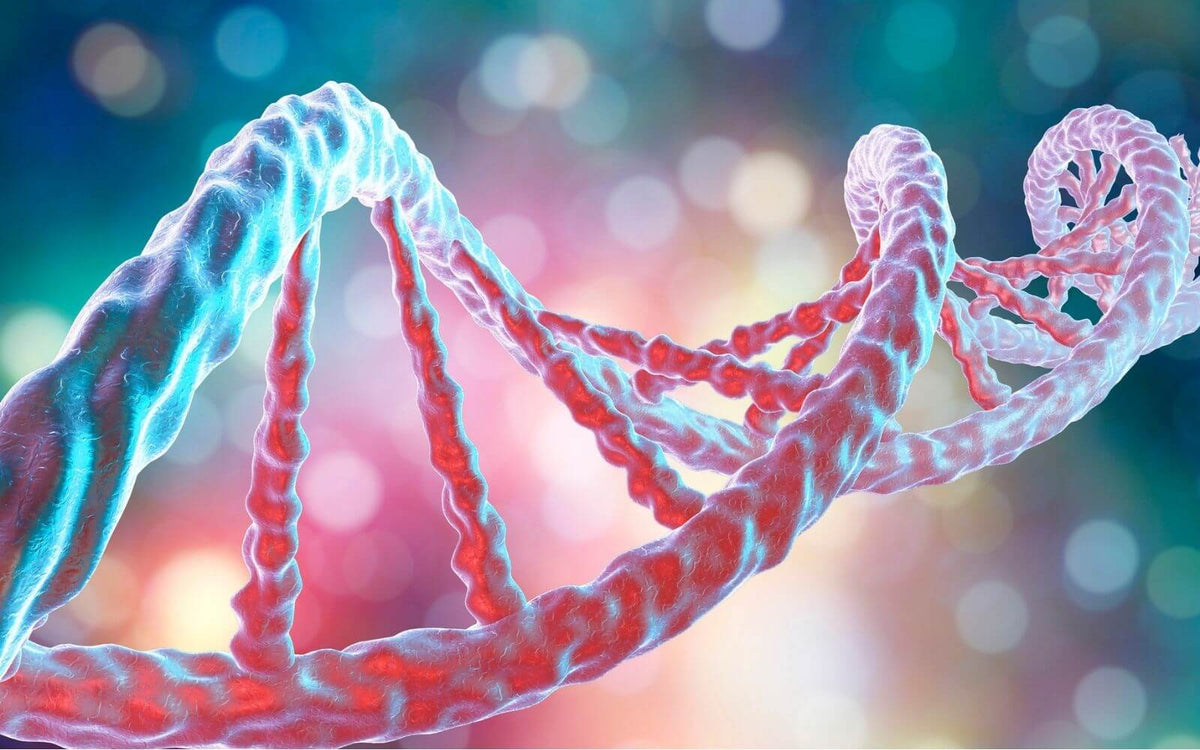Autism Therapy Treatment

Autism Therapy Treatment
There are dozens of autism treatments, and choosing the right ones depends on the individual’s needs as well as challenges. When selecting a treatment, it is important to work closely with your doctor and other healthcare professionals. It is also recommended that you inquire about the evidence supporting the effectiveness of the prescribed treatment(s). This should include positive and negative findings as well as possible side effects. Here are some of the most common treatments for autism.
Applied Behavior Analysis Therapy (ABA)
ABA refers to understanding a person’s behavior in the context of their surroundings rather than in a controlled laboratory setting. The aim of this method is to improve specific behaviors and develop skills, and it is based on traditional behavior strategies such as rewarding appropriate behaviors and ignoring or discouraging inappropriate behaviors. ABA is among the most widely studied and frequently used therapies for those on the autism spectrum. There are several forms of ABA therapy including:
- Pivotal-Response Treatment (PRT)
- Early Start Denver Model
- Functional Communication
- Floortime
- Verbal Learning
Speech Therapy
Speech therapy is often recommended when a child has difficulties learning vocabulary, pronouncing words, using an appropriate tone of voice, understanding and using body language, and asking and responding to questions. Speech therapy may include alternative augmentative communication (AAC) strategies like Picture Exchange Communication System (PECS), speech output devices, and sign language.
Sensory Therapy (ST)
Your child may be over-reactive, under-reactive, or even crave certain sensory sensations. These sensations may include loud sounds, bright lights, certain tastes, light touch, and/or strong smells. Numerous sensory interventions have been developed to treat various sensory-challenges including sensory integration as well as various visual and auditory interventions.
Occupational Therapy (OT)
This therapy helps improve numerous skills and behaviors with the goal of independence. OT therapists may work on daily activities, hand-eye coordination, sleep, social interactions, and play.
Physical Therapy (PT)
The aim of (physical therapy) PT is to improve overall motor movement. This may include posture, balance, motor coordination, and flexibility.
Music and Art Therapy
These therapies were designed to help individuals deal with anxiety and emotions as well as help express themselves.
Animal Therapy
This form of therapy may reduce fear and anxiety toward animals by interacting with socially-oriented animals in structured therapeutic situations. These animals often include horses, dogs, and dolphins. Those on the autism spectrum have also reported a calm feeling while interacting with these animals.
Nutritional Support For Autism
Spectrum + - Spectrum + is an advanced formulation designed to provide and support the nutrition shown to be deficient in both children and adults with autism. Studies have shown that the combination of natural ingredients present in Spectrum + help in neurological development and DNA repair. The ingredients are potent anti-inflammatory and antioxidants which help reduce inflammation linked to autism and are safe for all types of diets and sensitivities.
The molecular mechanisms by which Spectrum + helps restore and/or improves behavioral abnormalities encompass both normalization of central and peripheral immune alteration and oxidative stress markers and new molecular mechanisms such as expression of cortical gamm-amino butyric acid neurons and certain types of miRNAs that regulate spine growth.

Autism Therapy Treatment Summary
First and most important, early intervention can make a big difference. The earlier an individual receives appropriate support, the better his/her prognosis. Your doctor can help you decide which autism treatments are appropriate for your child, however, keep in mind that there is no single treatment for everyone with autism. Instead, there are a variety of therapies that may be helpful addressing symptoms depending on the individual’s needs.
What works for one person may be less effective – or ineffective – for somebody else. As your child grows and develops, some treatments might become less effective, while others become more important. You should discuss these changes with your doctor to assure the treatment plan stays current.
Reveal AI Tests
Reveal is the world's first online autism test for both children and adults that is powered by artificial intelligence (AI) and has questions formulated by licensed therapists. For a more accurate and percentage-based diagnosis click here.
Autism Treatment Evaluation Checklist Reminder
Gathering reports from the treatment team and completing the Autism Treatment Evaluation Checklist (ATEC) prior to meeting with your doctor will help identify issues to address and referrals that may be needed. The ATEC is a helpful tool designed to measure changes of symptoms and behaviors over time.
Casual observations of your child’s development are typically not an accurate way to monitor progress. The ATEC provides a free, convenient tool that can be used to track changes over time. The checklist can also be useful to help determine whether a therapy is beneficial. To track a specific approach, complete the ATEC before (baseline) and after implementing a treatment and track changes over time.
Leave a comment
Comments will be approved before showing up.
Also in Understanding Autism

How To Diagnose Autism In Adults

What Are The Signs of Autism In Adults?











